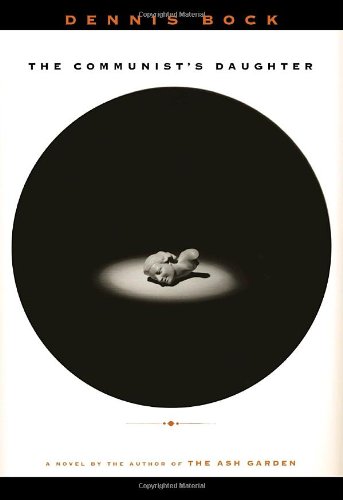The Communist’s Daughter
Canadian writer Bock’s first novel, The Ash Garden, stunned the literary world, and his second only enhances his reputation. Here he writes about Norman Bethune, the Canadian doctor who earned the status of hero or villain, depending on one’s personal politics, through his work in the Spanish and Chinese civil wars. Bethune, like his New Zealand counterpart, Rewi Alley, is revered in China today, yet little known in his own country. Bock has effectively changed that.
The Communist’s Daughter, and it is a work of fiction (there is no proof Bethune had a daughter), shows Bethune in his last days, struggling to evaluate his life while acting as Chief Medical Officer to Mao’s Red Army. Working appalling hours, Bethune uses any scrap of time to write to the daughter in Spain he’s only just learned exists. In short episodes, he tells of his life with her mother, Kajsa, in Spain; his family; his politics; and China.
Bock’s Bethune is not a cocky bravado hero. He is full of doubts and regrets, wishing he could have done things differently, and deeply afraid that he has become his father all over again. The book is a wonderful insight into the mind of a man who says of himself that he has “always had purpose. What I never had was peace.” His poor relationship with his father left Bethune filled with anger. Anger, disappointment and the firm belief in a God-given-purpose to his life drive him. His love for Kajsa, and his desperate words to his daughter, makes us wish that Bethune had been able to make other choices.
This novel is poignant and powerful, leaving the reader with a real sense of the man and the horror of war.










